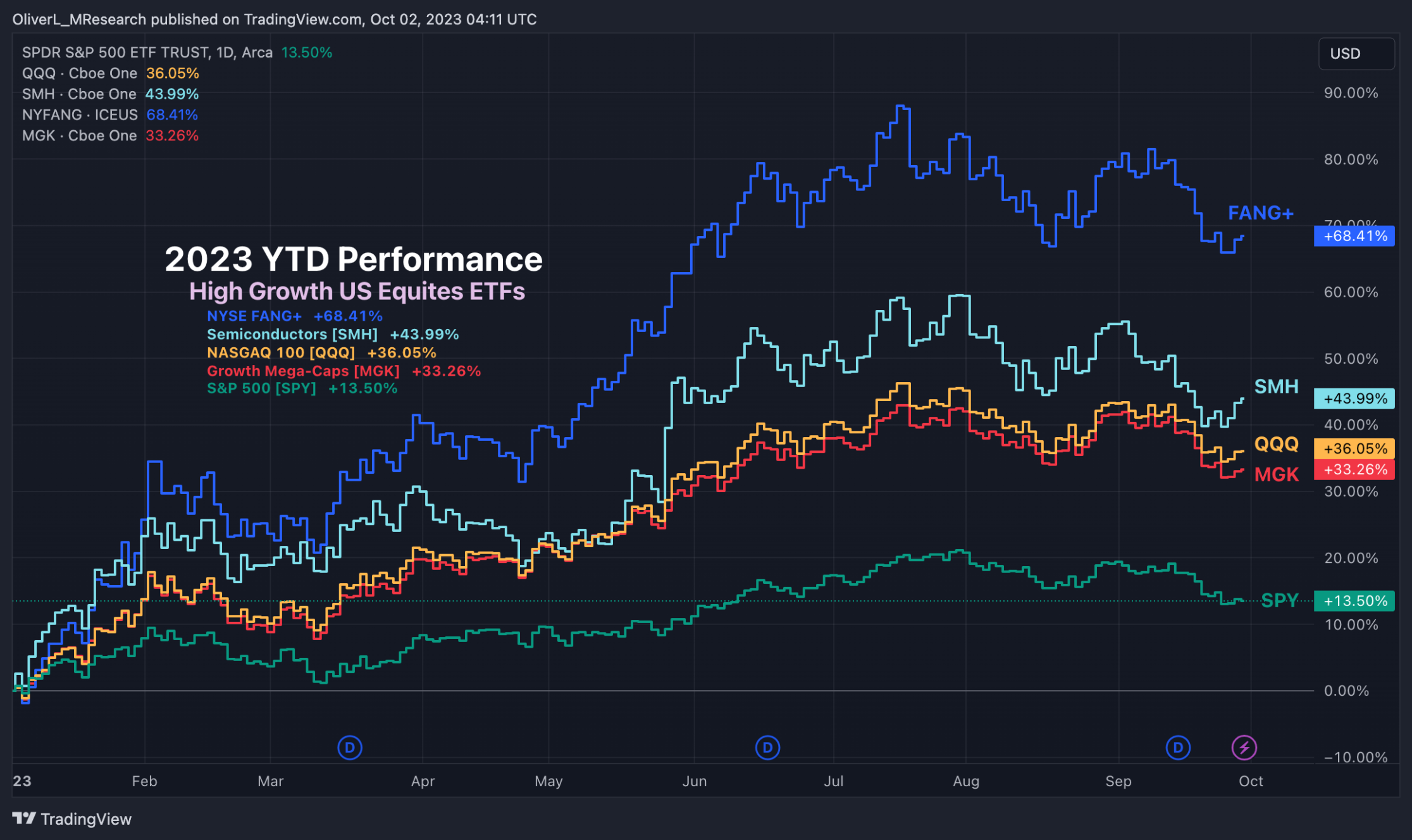The SPDR S&P 500 ETF Trust (NYSE: SPY) is one of the most popular exchange-traded funds (ETFs) tracking the S&P 500 Index. Launched in 1993, SPY provides investors with exposure to the 500 largest U.S. companies, offering a broad representation of the American equity market. Given its importance and popularity, understanding SPY stock’s current performance and market trends is crucial for both individual and institutional investors. This article provides an overview of SPY’s recent performance, the factors influencing its trends, and what investors should consider moving forward.
Recent Performance
As of mid-2024, SPY has demonstrated notable resilience and growth. After experiencing significant volatility in late 2023, driven by macroeconomic factors such as interest rate changes and geopolitical tensions, the ETF has shown signs of recovery. Year-to-date, SPY has delivered moderate gains, reflecting a rebound in the broader market driven by strong corporate earnings and a stabilization in economic indicators.
Recent trends indicate that SPY’s performance is closely tied to the broader S&P 500 Index, which has been influenced by several key factors:
- Corporate Earnings Reports
SPY’s performance is heavily impacted by the earnings reports of the constituent companies within the S&P 500. Strong earnings growth, especially from major tech companies, has provided a boost to SPY’s value. Conversely, weaker-than-expected earnings from large-cap companies can lead to declines in SPY’s price.
- Economic Data
Economic indicators such as GDP growth, unemployment rates, and consumer spending play a significant role in shaping SPY’s performance. Recent positive economic data, including strong GDP growth and decreasing unemployment rates, have contributed to the ETF’s upward trajectory.
- Interest Rates and Inflation
The Federal Reserve’s monetary policy, particularly regarding interest rates, has a substantial impact on SPY. Periods of rising interest rates typically lead to higher borrowing costs for companies, which can weigh on stock prices. However, recent signals from the Fed suggest a more cautious approach, which has helped support SPY’s performance. Additionally, inflation trends and the Fed’s responses to them are crucial factors influencing SPY.
Key Drivers
Several key drivers are currently affecting SPY’s performance and market trends:
- Sector Performance
SPY’s performance is a reflection of the broader S&P 500 Index, and thus, it is influenced by the performance of various sectors. Technology, healthcare, and financials are significant contributors to the index. Recent strong performances in the tech sector, driven by advancements in AI and cloud computing, have positively impacted SPY. Similarly, robust earnings in the financial sector due to higher interest rates have also played a role.
- Geopolitical Events
Global events, such as geopolitical tensions and trade policies, can affect SPY’s performance. For example, uncertainties related to trade policies with major economies or geopolitical conflicts can create market volatility. Investors should stay informed about global developments that could impact the U.S. economy and, consequently, SPY.
- Market Sentiment
Investor sentiment and market psychology play a critical role in SPY’s price movements. The ETF’s performance often mirrors broader market trends, which are influenced by investor confidence, risk appetite, and macroeconomic outlooks. Recent improvements in market sentiment, fueled by strong economic data and corporate earnings, have been favorable for SPY.
Investment Considerations
For those considering an investment in SPY, several factors should be taken into account:
- Diversification
SPY provides broad market exposure through its holdings in the S&P 500, offering diversification across multiple sectors and companies. This diversification helps mitigate risk compared to investing in individual stocks.
- Expense Ratio
SPY is known for its low expense ratio, making it a cost-effective option for gaining exposure to the S&P 500. The relatively low management fees enhance its attractiveness compared to actively managed funds.
- Market Timing
Given its close tracking of the S&P 500, SPY’s performance is closely tied to market cycles. Investors should consider their investment horizon and market conditions when deciding to buy or sell SPY. Long-term investors may benefit from holding SPY through market fluctuations, while short-term traders should be mindful of current market trends and volatility.
Looking Ahead
The future performance of SPY will continue to be influenced by several factors:
- Economic Outlook
Monitoring economic indicators and Federal Reserve policies will be essential in assessing SPY’s future performance. Changes in interest rates, inflation, and economic growth will play a significant role.
- Corporate Earnings
Ongoing earnings reports from major S&P 500 companies will impact SPY’s performance. Strong earnings growth and positive corporate outlooks will likely support the ETF.
- Global Events
Keeping an eye on geopolitical developments and global economic trends will be important for understanding potential impacts on SPY.
Conclusion
SPY remains a cornerstone investment for those seeking exposure to the U.S. equity market through the S&P 500 Index. Its recent performance reflects broader market trends influenced by economic data, corporate earnings, and investor sentiment. While it offers diversification and low cost, investors should remain vigilant about economic and market conditions that could impact its performance. By staying informed and considering key drivers, investors can make more informed decisions about their SPY investments.
